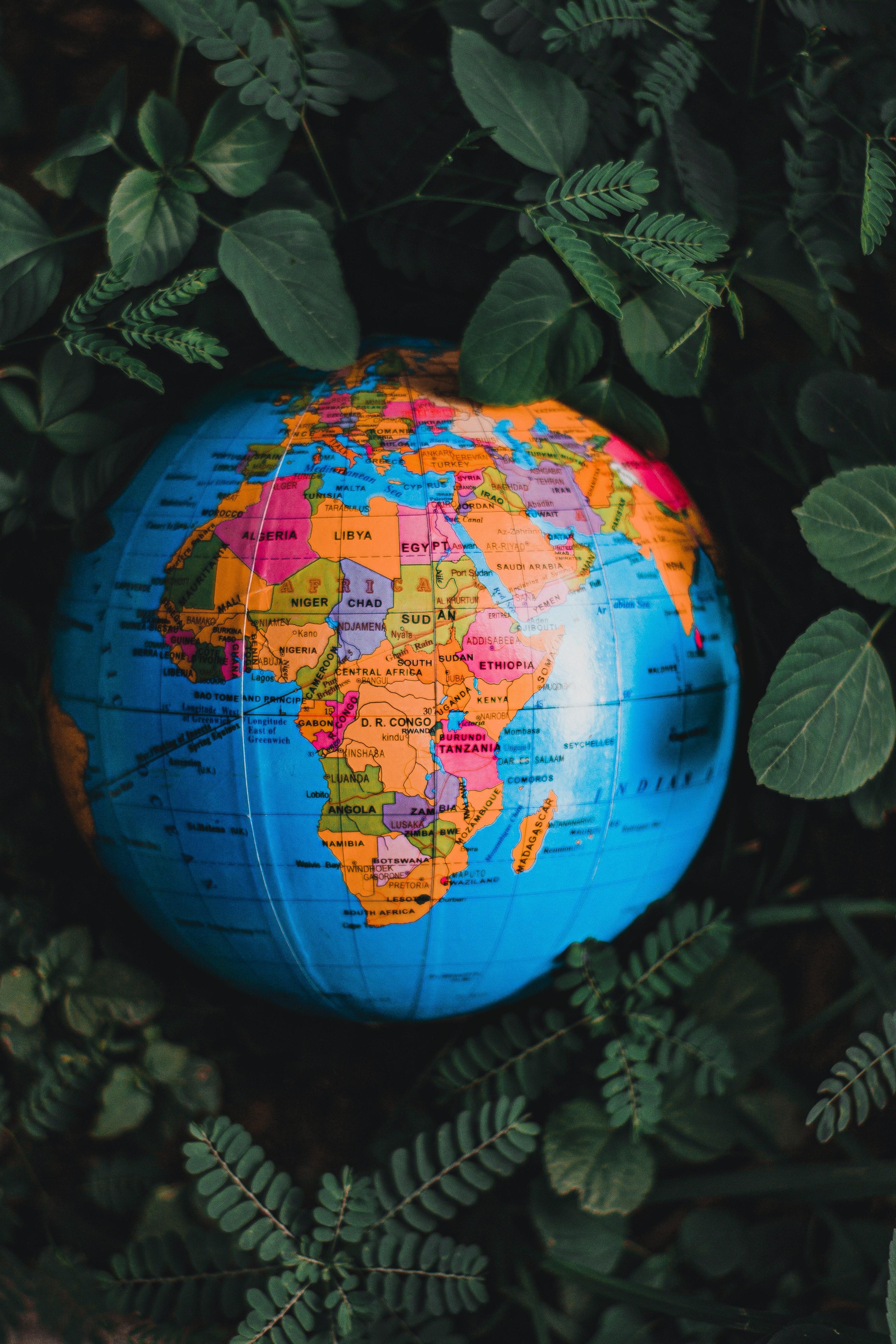IS AFRICA BENEFITTING FROM ITS NATURAL RESOURCES?
By Zindi Anthony Levi
February 2, 20235 mins read
The African continent has a vast wide ranging land space, which has gifted the continent with a variety of natural resources. Although she doesn’t have organized green mapping and, the vast expanse of the continent is known to contain widespread reserves of natural resources, with a great potential for mineral beneficiation. Yet in the midst of this great wealth Africa is an irony of poverty and extended social violence. It is home to most of the least developed countries of the world. More than two thirds of the countries in Africa are weak and characterized by a combination of weak governance infrastructure, little or no service delivery, lingering social unrest and political violence, questions about regime legitimacy, inter communal strife, food insecurity, economic despair, disputed border conflicts and targeted attacks.
The existence of Natural resources such as gold, diamond, minerals, timber, and oil are essentially significant sources of livelihoods, income and influence for countries and communities around the world. If these natural resources are disappointingly managed or inequitably distributed. The sad reality is that business operations are carried out without putting into consideration the populace and communities, this can throw in a tension that can shoot up into violent conflict, and aggravated pre-existing conflict dynamics. Additionally, population increase and environmental deprivation are increasing struggle over already scarce resources, such as land and water is causing more causalities. The trends of climate change continues to threaten increase such competition even extra. This appalling situation comes as no shock, that many experts, scholars and governments expect natural resources to become key drivers in a growing number of disputes, with potentially significant consequences to globalization, international, regional, and National peace and security.
Focusing on these risks in the articulation, renewed attention needs to be made in forms of mechanisms for mitigating and resolving natural resource disputes. Our continent Africa is well vast as dwelling abode to most of the prime deposits of natural resources in the entire earth. Countries like sierra Leone, Angola, Algeria, Libya and Nigeria, jointly create a substantial portion of the world’s crude oil South Africa and several other African countries are a major source of the world’s gold output Botswana, the DRC, and Sierra Leone are main sources of diamonds, while other strategic minerals such as chrome, coltan, bauxite and manganese are major export products from a number of African countries. Looking at this superior proportion of the world’s tropical hard wood, coffee, cocoa and rubber exports are produced in Africa. The foreign exchange earnings from these and other natural resources constitute a major source of Africa’s income.
However regrettably, what we the youths of today see, in much of these African nations are the trends of , the illicit utilization of natural resources which is a contributing factor to continuing hostility and insecurity. In Liberia for instance in the past , the illegal misuse of timber and other natural resources equally help to fuel that country’s civil war, now fortunately for us it has come to an end. Going further see Angola, the unlawful utilization of diamond resources was a major source of funding for what was known as the UNITA rebellion.
It also good to note that the political economy of natural resources is entrenched within the broader global power relations of our world today in this 21st century. It’s seen that genesis , and emergence of emerging economies like China are fundamentally changing the locus and focus of power within the African continent natural resource scene and that the implications of these new shifts are not yet fully understood nor comprehended. Nevertheless, they will continue to have insightful impact on the next few decades of resource politics on the continent of Africa and this seem inevitable
I am of the believe an notion that a high level academic scholars will forward this to government representatives bodies to adopt and be engaged in the discussions because the narrow perspective of governments on the issue at hand in Africa must be at the very centre of our deliberations this coming years. However its quite important to note that governments who set the regulatory surrounding environment and make available permission for the Exploitation of natural resources. Note that there is the need to recognize other non-state actors that actively participate to a great extent that we call them stakeholders, that make up meaningful discussions such as the private sector and civil society, including the NGOs. In this context, I am pleading that this articulation be shared to these other stakeholders for perusal and to act upon.
This articulation is drawing its cottons here as it has taken an extensive overlook at the politics of natural resource extraction and governance in Africa. As a young scholar of the African continent, my appeal is that our thoughts should be primary focused on changing the narratives and learning lessons of the heartbreaking experiences of the precedent past, so that we can help to build a better future. . I advocate an African Natural Resource Governance body that should be developed to focus on key elements of good governance (especially democracy, rule of law, transparency and accountability, as well as efficient and equitable management of resource revenues) that are vital to governance, broadly speaking. Our aim should be to pinpoint the most visible and reasonable practices, to identify useful practical approaches, which will help post conflict African countries, working in close and effective collaboration with the appropriate international institutions such as the UN, to improve their capacity to use their natural resource to consolidate the peace and accelerate development. On this note, I solicit your contribution of my work through the comment section to get more insight of this delicate area of our developmental agenda in the world of globalization and peace building.
Share on
